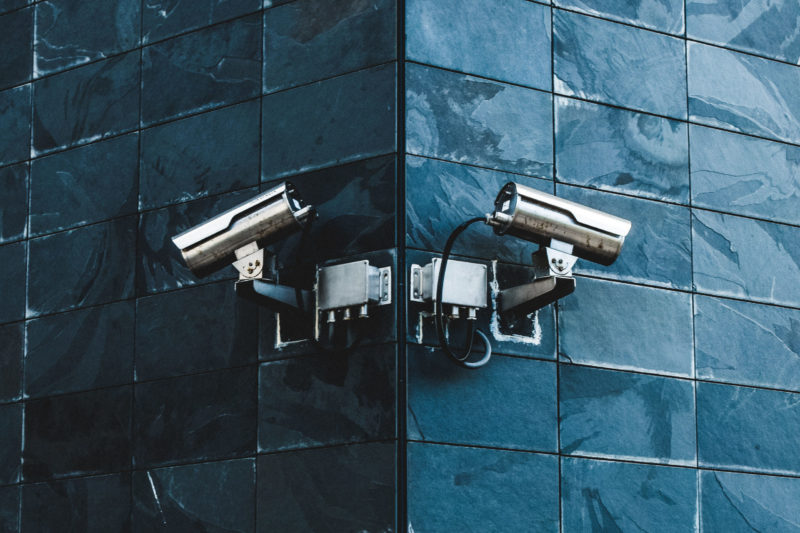
As our world slows down to a crawl, and our society goes through emotional and economic upheaval, we are only just beginning to think about how society will change after we re-emerge back into the Islington North sunlight. One of the reasons that it so hard to imagine is because we don’t have any shared memory with anything like it. Other singular events, such as the assassination of JFK, 9/11 or the financial crash, had a profound impact on the direction of history, but none of them had such a striking literal impact, forcing us all apart from one another.
The aftermath of other events can be seen and felt around us. The echo of 9/11 was defined by wild vengeance on a global scale shaped by corporate greed, while 2008 and austerity caused profound public distrust of globalisation and democracy. The coronavirus pandemic must surely rank at that highest level of event and although it is still extremely early days, we should begin to look for how things will change, who will be changing them, and what we can do to try to turn them to our favour.
To do this it is important to look past the hardship and to see who is truly benefiting from this upheaval. It’s the international surveillance industry. Like a grotesque migratory bird, you could see the surveillance drone barking at people in the communist ghettoes of Wuhan several months ago, last week it arrived in the UK. While you are sat here reading this, your Alexa or Google Assist is watching you. Hearing how often you discuss your health concerns, or Google potential symptoms, or visit a gambling website, that listening device quietly records and packages your hopes, fear and nonsense through an algorithm that determines which business would most profit by knowing that information. In surveillance, business is booming.
As we have been compelled to divide ourselves from one another, we are not locked down alone – but with the most sophisticated surveillance equipment that humanity has ever known. And once we emerge from this, and that equipment has spent 24 hours a day in our presence, we will forget about it – but it won’t forget about us. Yes, we live in a crisis which requires mass-monitoring of the public, but we must be wary that in panic we grasp at a new iteration of the 2001 Patriot Act. We must be careful that in meeting today’s urgency we don’t sell something that we cannot buy back. We must ensure that we use this tragic pandemic as a reminder that we are all equal, that a defence budget should protect us from more than missiles, and that a society should be judged by how it treats those in need, not those in luxury.
by Olly Longworth, Co-Ward Political Education Officer, Highbury West
